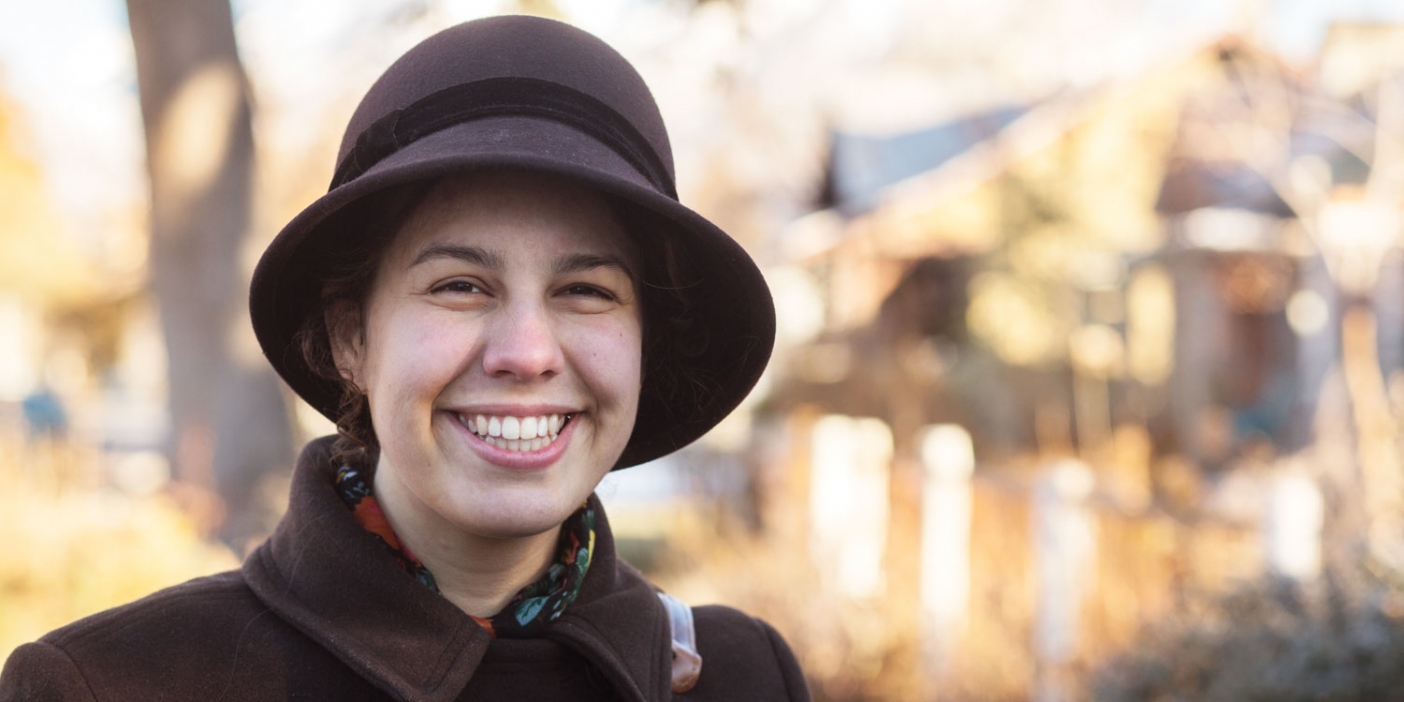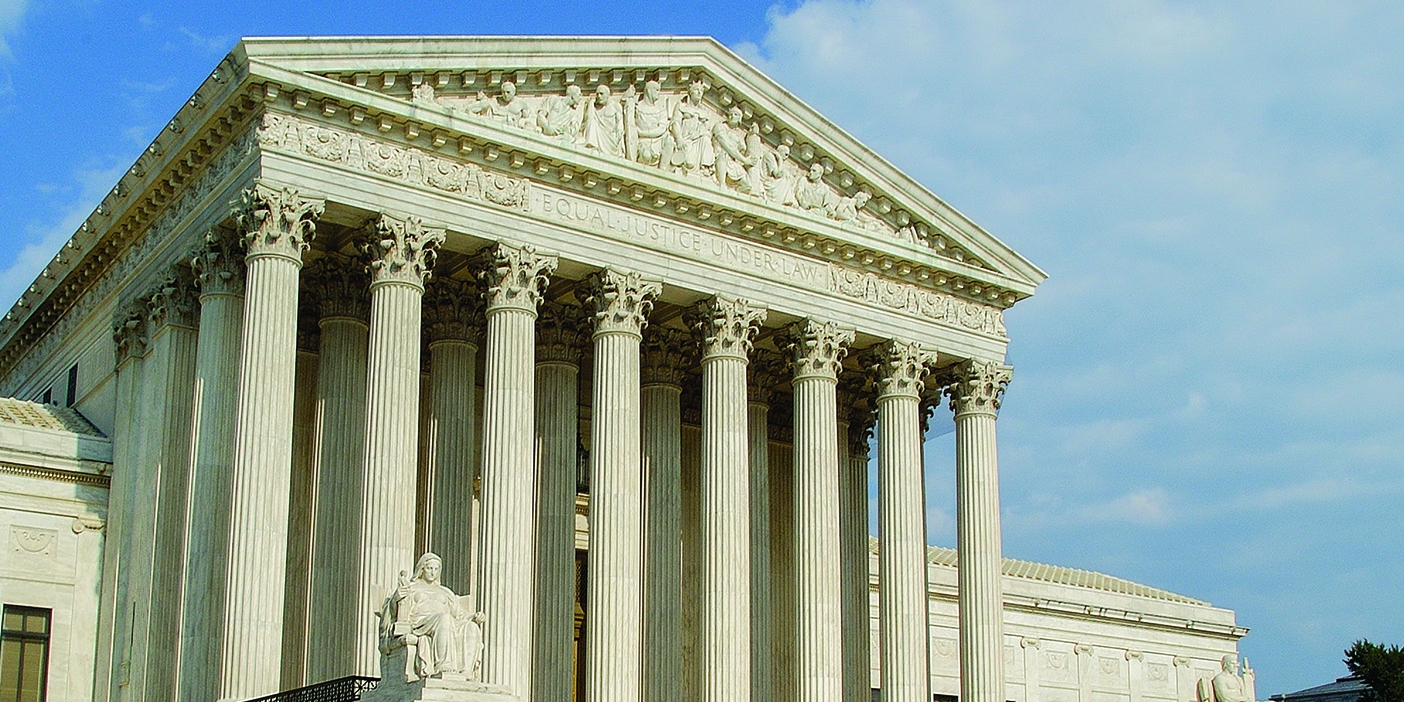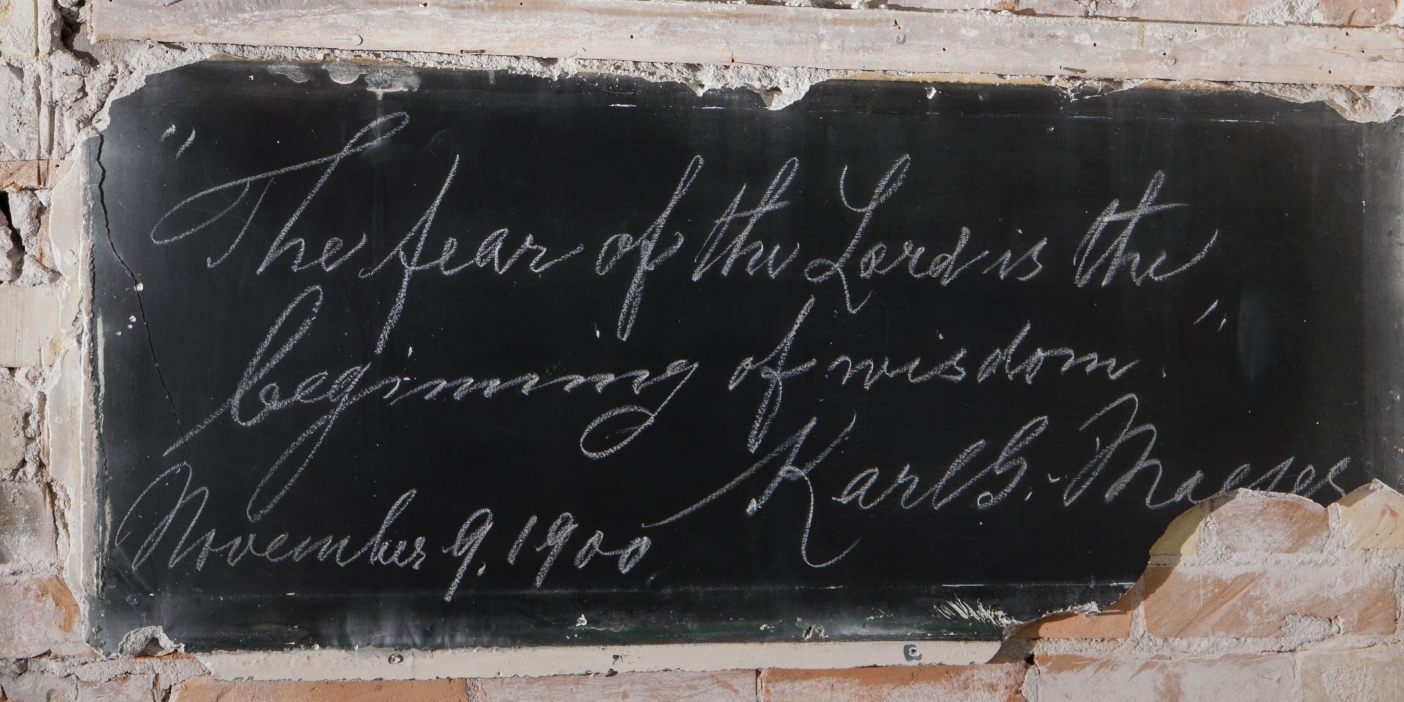BYU and Stanford history grad David F. Holland (BA ’98) is the John A. Bartlett Professor of New England Church History at the Harvard Divinity SchoolHarvard Divinity School. His award-winning teaching is balanced by research into the theological and intellectual roots of early-American religions. His most recent book is Sacred Borders: Continuing Revelation and Canonical Restraint in Early America, published by Oxford University Press.
“The Harvard Divinity School probably first entered my awareness as a BYU student reading Ralph Waldo Emerson, who in part made [HDS] famous by bucking its tradition. My office shares a wall with the chapel where he gave his famous Divinity School Address in 1838, where he called for ongoing revelation. As a Latter-day Saint, that’s hallowed ground for me. I don’t agree with everything he said, but I appreciate a place that helped shape minds and provoke commentary.”
“I spend time thinking about [early New England’s] Native American and Puritan religious traditions, among others, and what I’ve picked up from those, in particular, is breaking down our modern tendency to separate life into its religious and secular components. Native Americans believed that their spiritual life was at the heart of everything about their existence. They didn’t draw the lines that modern Europeans were beginning to draw where religion was appropriate in certain aspects of life but not in other aspects. They saw their relationship with divinity as the bone and marrow of everything they did, and I really love that lesson for all of us. The Puritans had something similar. They believed strongly in the concept of a calling and believed that they could glorify God in whatever it was He was asking them to do. They glorified God by being a great shoemaker. They glorified God by being a great neighbor. . . . Every aspect of their life was a calling from God and was to be performed with that kind of reverence and commitment.”
“The tension in the great 18th-century debate between God’s grace and human agency shaped so much of early American religious life. What becomes quite clear as you look at this battle between these two ideas is that they’re very difficult to reconcile. Both sides have strong scriptural and logical arguments to defend their position. Listening to generations of Americans argue over this point has pushed me to think more carefully about those two forces in my life and faith. . . . What I take away from it, reflecting my own belief in the Book of Mormon and its teachings on this topic, is that both free will and grace are miracles. They’re both gifts from God, and sometimes we emphasize one or the other to our detriment. In a normal human conception, these two gifts seem incompatible, but in God’s miraculous care we get the benefit of both, and that’s a beautiful thing.”
“The Harvard Divinity School has definitely broadened my appreciation for all that’s good in this world and the devoted, honorable, honest souls who have found a great deal of truth in their searches. It has also reinforced my distinctive appreciation for a church that I think teaches us—though maybe culturally we don’t always appreciate this capacity in our own faith, but I believe wholeheartedly that it’s there—to pick up the truth wherever it’s found, to bring it into one coherent whole. I think we’re still in the middle of that process. It’s a messy, complicated process sometimes, but it’s a process I’m grateful to be part of.”
SHARE AN ALUMNI STORY
Through RISE, BYU Alumni is highlighting inspirational alums—from the grad who started wrestling at age 60 for his health to an organizer of World Cups and Olympics. Share and read stories at rise.byu.edu.











